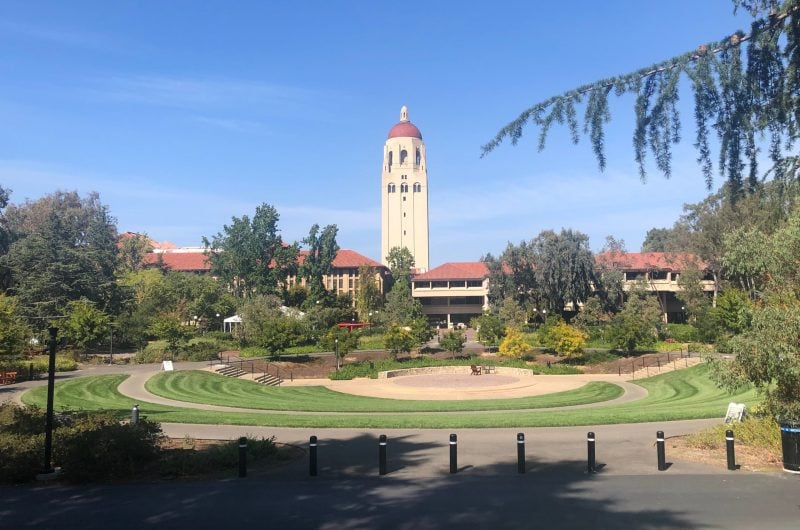Scale AI CEO and founder Alexandr Wang highlighted the importance of hands-on experience, self initiative and risk-taking for aspiring entrepreneurs in a talk hosted by ASES Global Entrepreneurship on Wednesday.
Wang founded the company, which provides labelled training data for artificial intelligence (AI), after his first year at MIT and has continued expanding Scale AI’s clientele to include Airbnb, General Motors and DoorDash. Scale AI has rapidly risen to prominence and is now worth approximately $3.5 billion.
According to Wang, cultivating genuine passion for a project is essential for early success. He explained that if you want to found a viable and impactful company, you should “be very focused on solving a problem that you truly believe is important.”
One of the most difficult tasks for an entrepreneur, in Wang’s opinion, is convincing others that a company is important when it’s still in its nascent stage. Being able to effectively highlight the merits of a burgeoning company is heavily intertwined with its ultimate capacity for success, determining the start-up’s funding, hiring process and customer buy-in, according to Wang.
He added that building a strong team of people to work alongside you is an essential, if arduous, task in the process of forging a successful startup.
Often, the best people to join a budding start-up “are in your personal network,” Wang said.
But even so, “it takes a lot of effort to convince people that [your] company is great, even if they’re your close personal friends.”
“Sometimes it takes a lot of time,” Wang added. “People are naturally skeptical.”
When he first began to build his own team, Wang said that he spent 12 to 13 hours talking to prospective colleagues one on one to get them to join the company.
Enya Lu ’23, ASES bootcamp co-director and co-organizer of the event who worked as a growth and operations intern at Scale AI, said this advice resonated with her as an aspiring entrepreneur. She has previously written for The Daily.
“Knowing that [Wang], as such a busy person, invests so much in his team teaches me a lot about how I am going to allocate my time and how I am going to allocate my responsibilities,” she said.
Wang also told students not to feel discouraged by the difficulty of these first, essential steps in founding a company.
“If you were to have one takeaway of this overall, it’s that it’s going to be unreasonably hard to get your first few customers and your first few employees,” he said. If it’s hard, “don’t worry, that’s part of the journey.”
Insights like these can provide invaluable perspective, helping students to better understand the reality of working in business and to adjust their expectations, according to Lu.
“He proves to a lot of students that they have the potential to also achieve great things, even when they’re very young,” Lu said.
While Wang’s young age makes his achievements inspiring, Lu felt it was important to also note that students shouldn’t feel pressured to succeed immediately.
“I also feel like there is this idea in Silicon Valley where if you don’t succeed before 25, your life is over,” she said. “I think it’s also important to keep in mind that we should learn from people like Alex, but also keep in mind that if you’re not Alex when you’re 22, it’s totally fine.”
Xiaomian Yang ’24, a member of the ASES speaker series team and co-organizer of the talk, added that attending talks with industry professionals like Wang has taught her that “we really shouldn’t be doing a startup just for the notion of starting up in Silicon Valley,” but rather when it’s “something that you’re truly passionate about.”
Wang also encouraged students to join the growing field of machine learning.
“There’s not enough smart people entering machine learning given how impactful it’s going to be in the next couple decades,” he said. “We believe that AI will be a huge force for good and will empower everyone.”
For students interested in AI and machine learning, Wang highlighted the importance of real-world work experience, which can reveal insights that are “super hidden from the academic worlds.”
“The best way, oftentimes, to learn about technologies, particularly when they are this new, besides just building one yourself, is to go work at one of these companies,” he said.
Contact The Daily’s news section at news ‘at’ stanforddaily.com.
